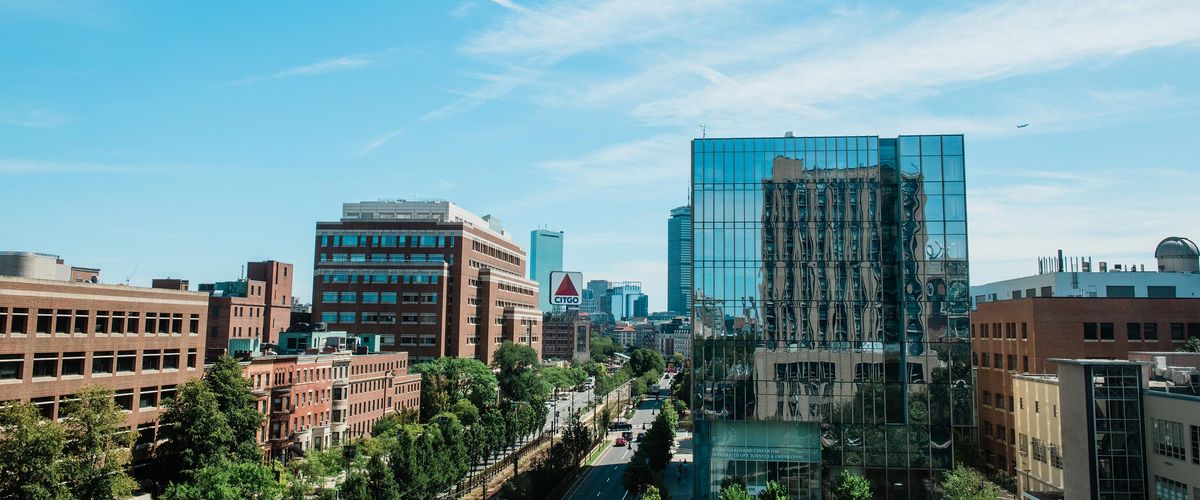- Starts: 1:30 pm on Friday, November 9, 2018
- Ends: 2:30 pm on Friday, November 9, 2018
Abstract: In the past 5 years, deep learning has become one of the hottest topics at the intersection of data science, society, and business. Google, Facebook, Microsoft, Baidu and other companies have embraced the technology and in domain after domain, deep learning is outperforming both people and competing algorithms at practical tasks. Object recognition error rates have fallen dramatically since 2011 and best methods today can recognize 1,000 different ImageNet objects faster and better than you can. In real time, deep learning can automatically translate a speaker’s voice in one language to the same voice speaking another language. This recent disruptive history of deep learning has led to a student and startup stampede to master key elements of the technology—and this landscape is evolving rapidly. The abundance of open data, Moore’s law, Koomey’s law, Dennard scaling, an open culture of innovation, a number of key algorithmic breakthroughs in deep learning, and a unique investment at the intersection of hardware and software have all converged as factors contributing to deep learning’s recent disruptive successes. In this talk, I will review the evolution and current state of deep learning, and hypothesize what to expect in the near future.
Biography: Dr. Kaufhold is a data scientist and managing partner of Deep Learning Analytics, a data science company named one of the four fastest growing companies in Arlington, Virginia in 2015. He also serves as Secretary of the Washington Academy of Sciences and is a regular contributor to the DC Data Community. Prior to founding Deep Learning Analytics, Dr. Kaufhold investigated deep learning algorithms as a staff scientist at NIH. Before NIH, he served as principal investigator or technical lead on a number of large government contracts funded by NIH, DARPA and IARPA, and was the youngest member of the Technical Fellow Council at SAIC. In 2010, he took a sabbatical at MIT to study deep learning. Prior to joining SAIC, Dr. Kaufhold investigated machine learning algorithms for medical image analysis and image and video processing at GE's Global Research Center. On a Whitaker fellowship, Dr. Kaufhold earned his PhD from Boston University's Biomedical Engineering Department in 2001.
- Location:
- 8 St. Mary's Street, Boston, MA 02215, PHO 205
- Registration:
- http://www.bu.edu/eng/files/2018/10/John-Kaufhold-Colloquium-2018.pdf
- Hosting Professor
- David Castanon and Janusz Konrad
